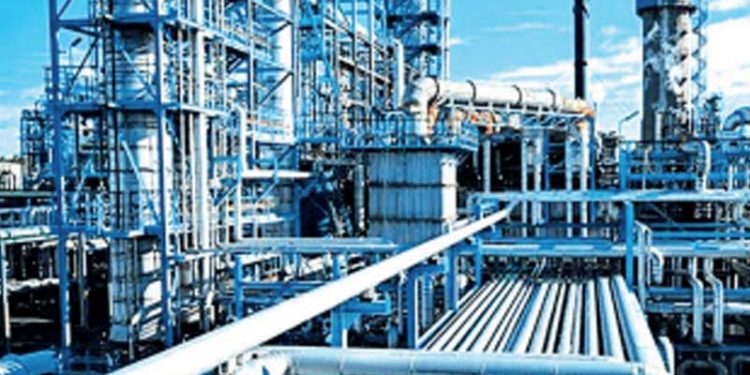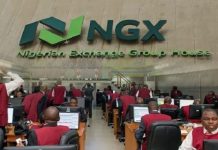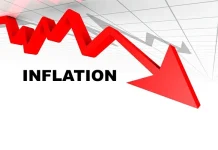🌿 Ruzu Non-Alcoholic Herbal Bitters
Ruzu Non-Alcoholic Herbal Bitters is a natural health supplement specially formulated to:
- ✅ Promote general wellness
- ✅ Detoxify the body
- ✅ Support the treatment of various ailments
Made from a powerful blend of 100% organic and medicinal herbs, Ruzu is completely alcohol-free, making it ideal for:
- 👪 All age groups
- 🌱 Health-conscious individuals
- 🌿 Anyone seeking non-alcoholic herbal remedies
Whether you're looking to boost your vitality, cleanse your system, or support healing the natural way, Ruzu Bitters offers a trusted herbal solution.
According to a report by CardinalStone, the multibillion dollar Dangote refinery will help the manufacturing sector, which has been beset by numerous macroeconomic challenges, grow materially.
The Lagos-based research and investment group stated in its 2025 outlook that the 650,000 barrels per day facility is anticipated to bring about a period of relative exchange rate stability and initiate a period of relaxation by the central bank, which will alleviate the manufacturing sector this year.
“We anticipate significant growth in the sector in 2025, supported by the Dangote Refinery’s operation (which increased effective refining capacity from almost zero to 650,000 barrels of crude oil per day prior to the old Port Harcourt Refinery’s reorganization in November 2024), the FX market’s relative stability, and a potential rate cut by the CBN,” the report said.
Nigeria’s manufacturing sector is nevertheless vulnerable to macroeconomic challenges, as seen by recent reform-induced pressures on foreign exchange and interest rates, particularly inflationary pressures that reduce consumer spending and accumulate unsold inventory.
According to the Manufacturers Association of Nigeria (MAN), the amount of unsold goods that have accumulated in warehouses during the first half of 2024 has increased by 357.57 percent from the same period the previous year, totaling N1.24 trillion.
The government’s elimination of fuel subsidies, rising costs, and the depreciating value of Nigeria’s currency, the naira, are the three main reasons why people aren’t purchasing as much, according to MAN.
Additionally, roughly 65% of the manufacturing companies listed on the NGX recorded foreign exchange losses in the first quarter of 2024. The richest man in the nation also cautioned that no company can sustainably create jobs with an interest rate higher than 30%.
Key interest rates are rising as a result of the damaged naira losing more than 40 percent of its value in 2024 and prices reaching 34.6 percent, the highest level in almost three decades. This is making it more expensive for manufacturers to borrow money and restricting the growth of their businesses.
Read Also: Tax Reform Bills: Shehu Sani Criticizes Northerners for Challenging Tinubu After Silence Under Buhari
Throughout 2024, the CBN maintained its hawkish stance, hiking the monetary policy rate (MPR) to 27.5 percent for the sixth consecutive time in an effort to stabilize persistently rising inflation and stabilize the currency rate.
Though economists anticipate that inflation would fall this year, suggesting a possible rate cut in focus, these efforts were unable to bring the economy closer to stability.
















